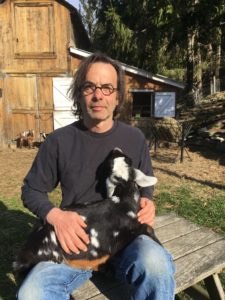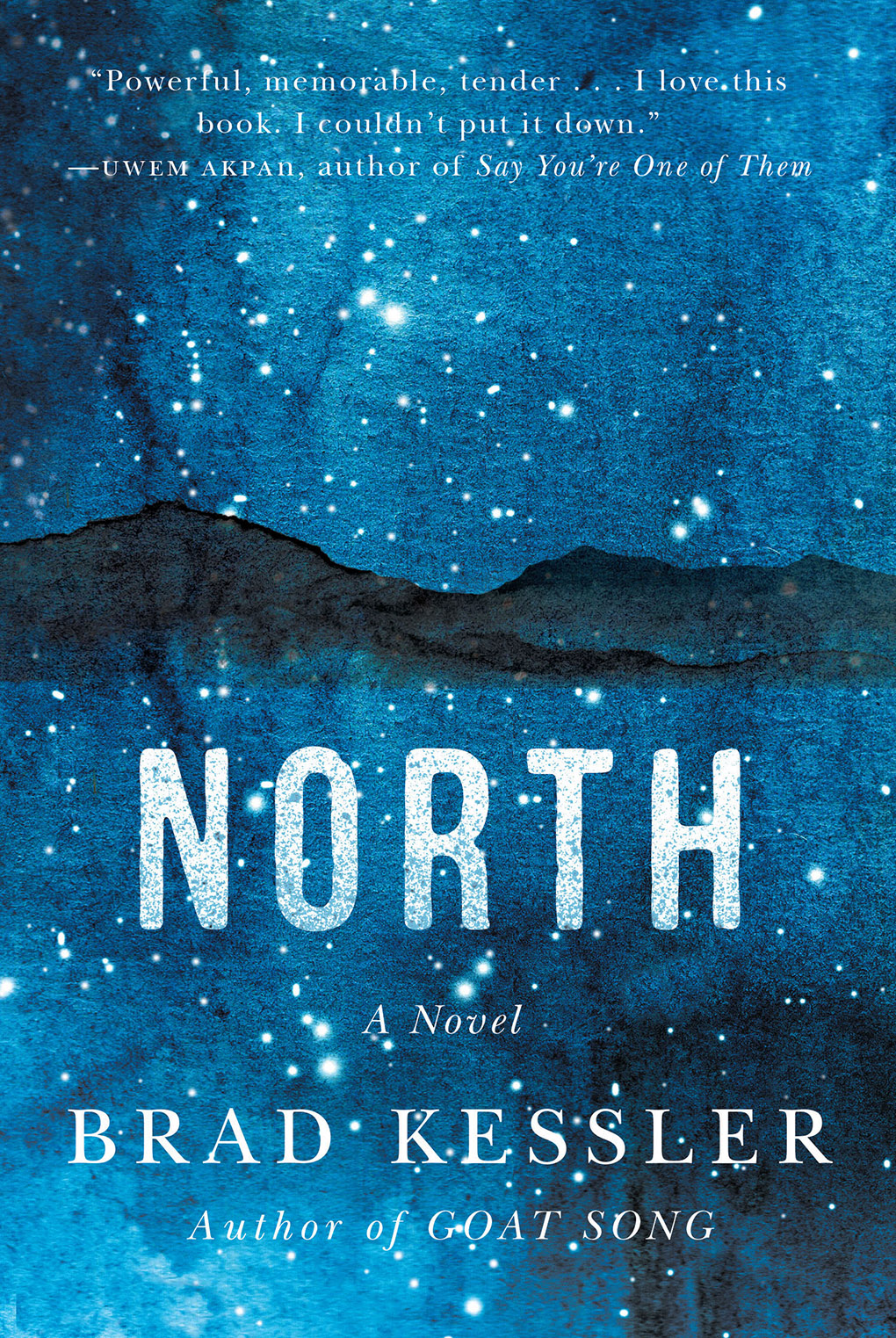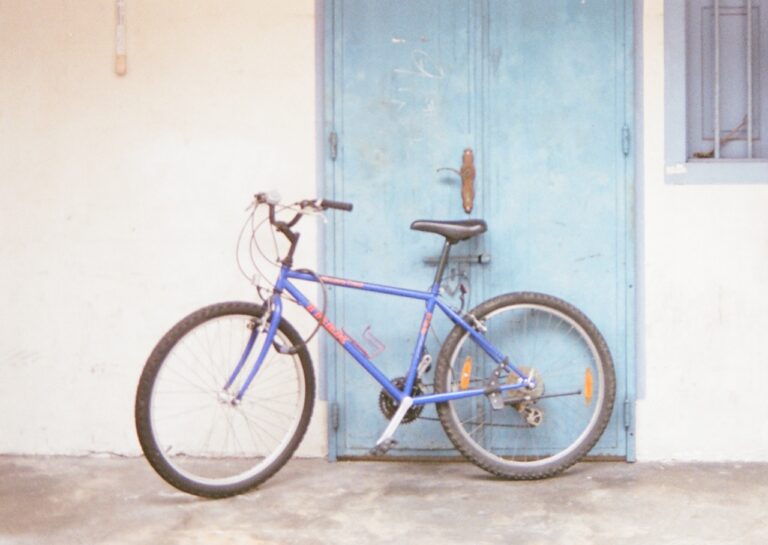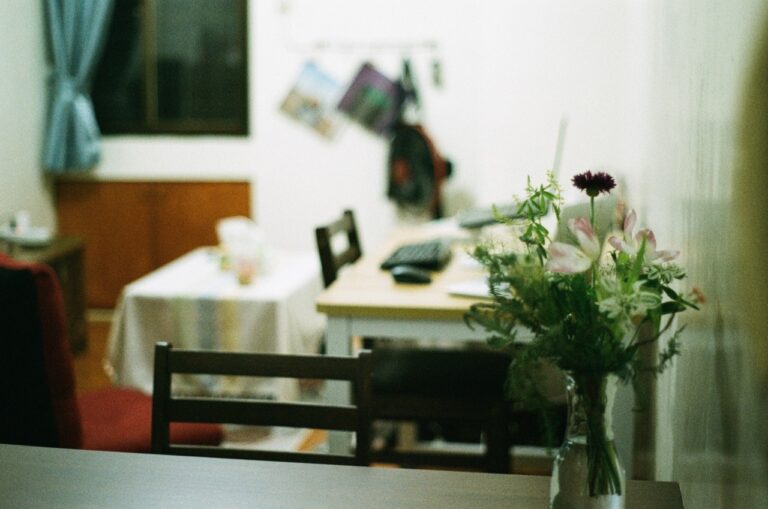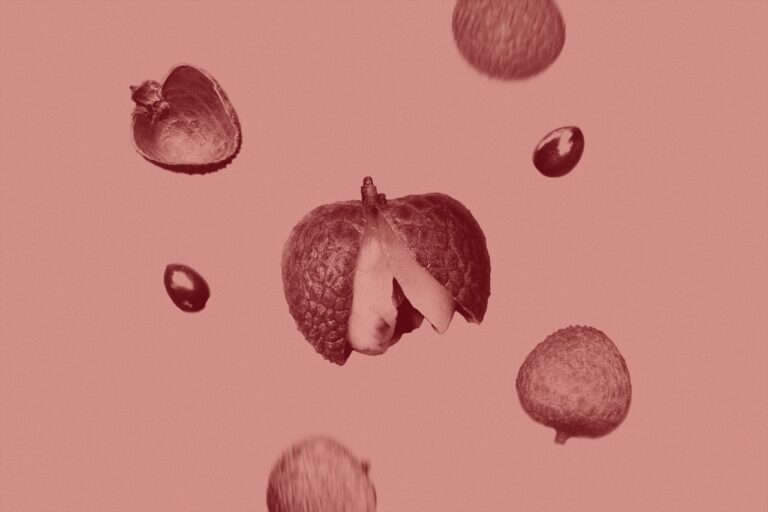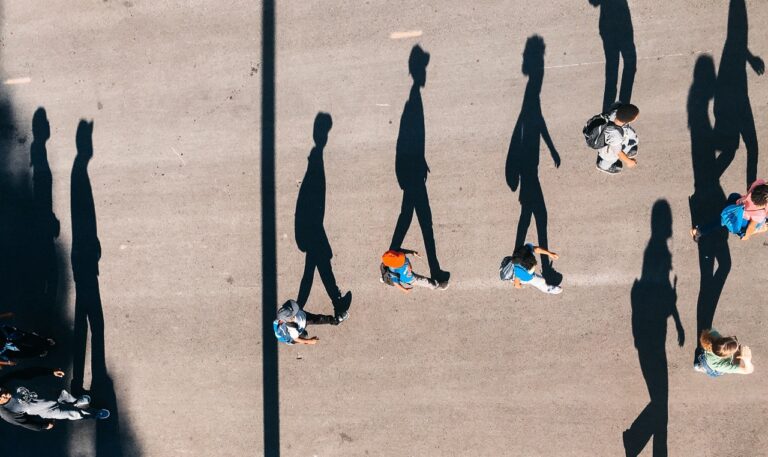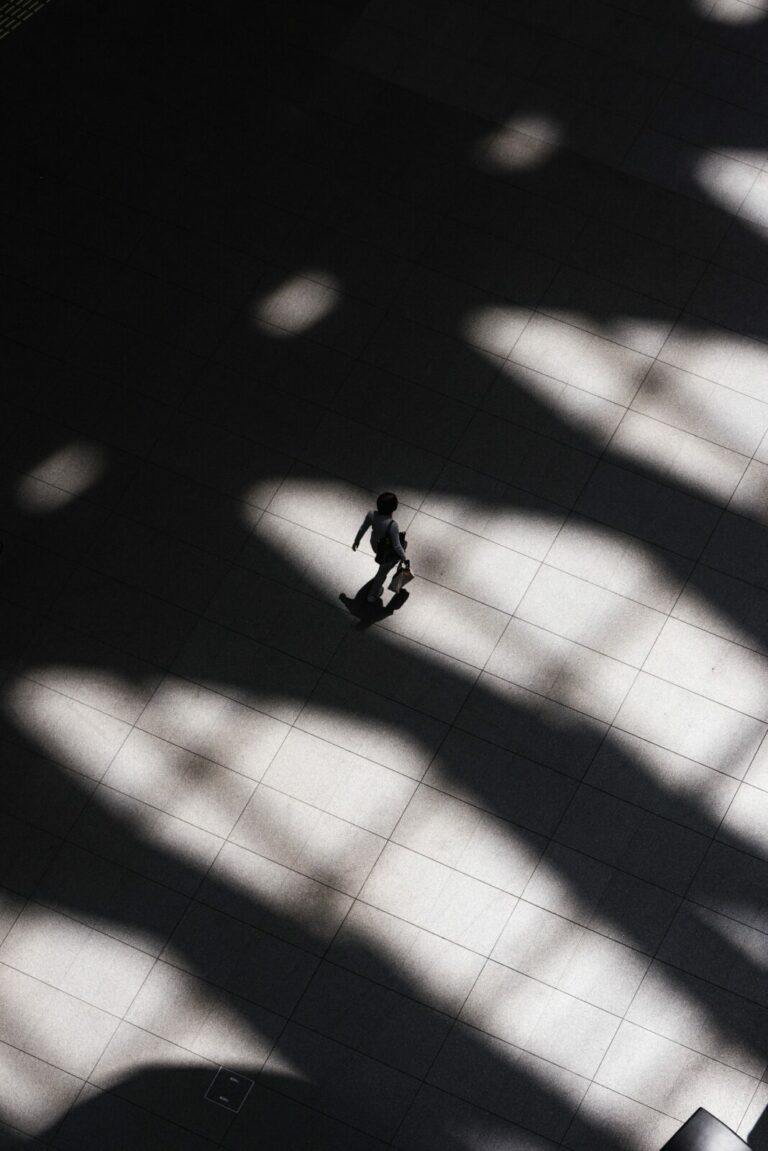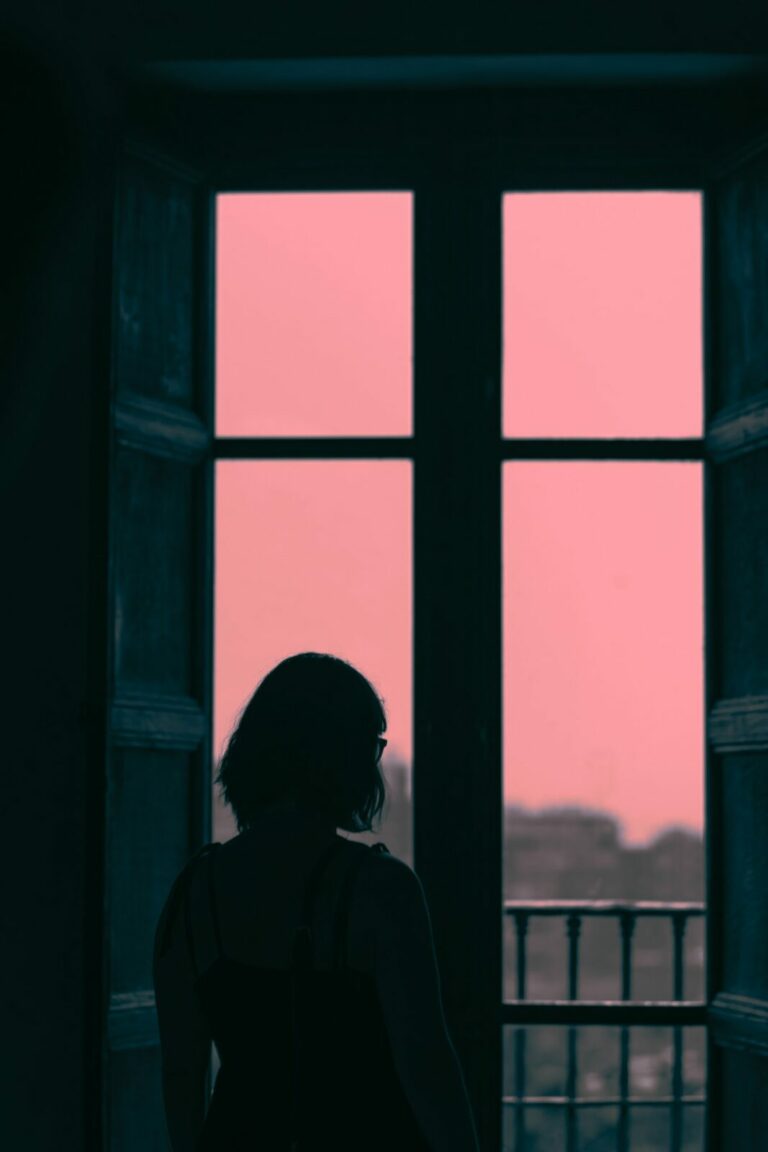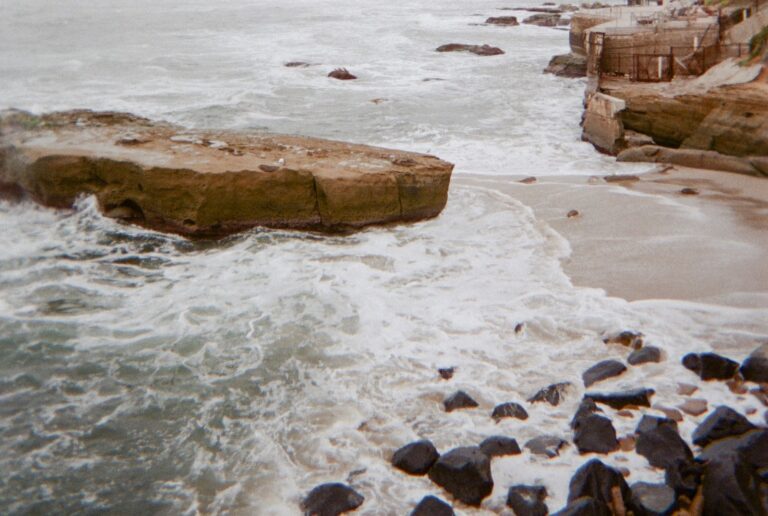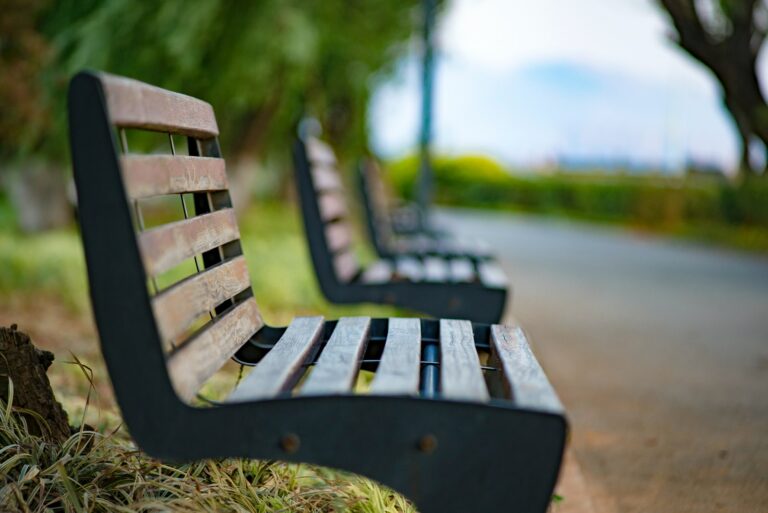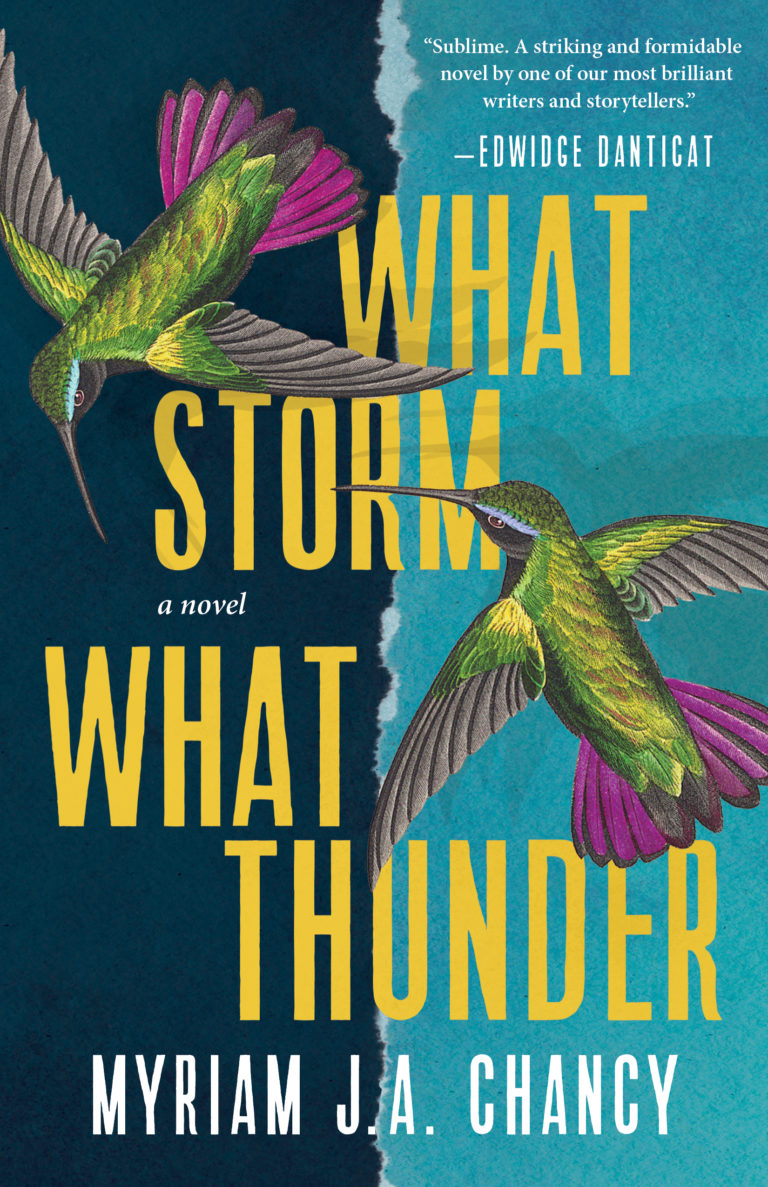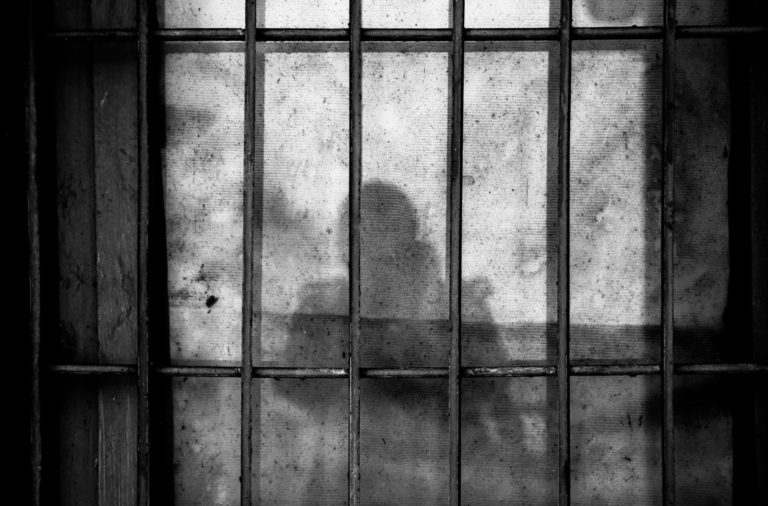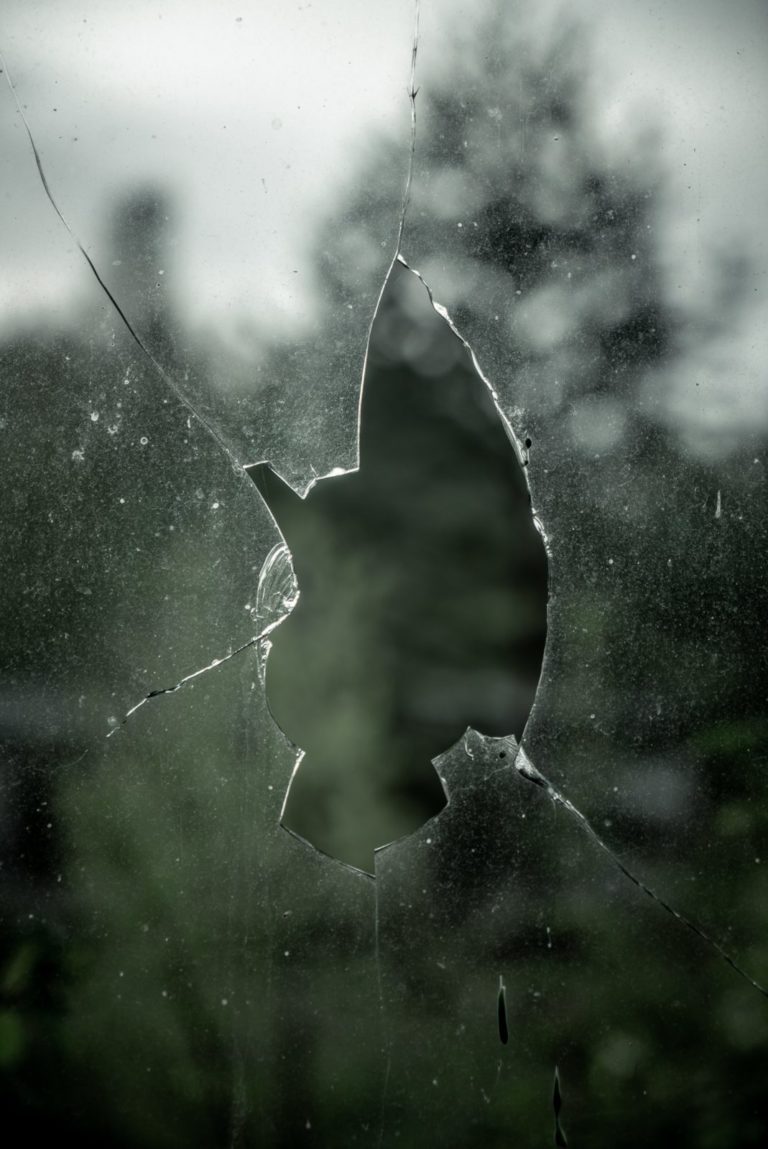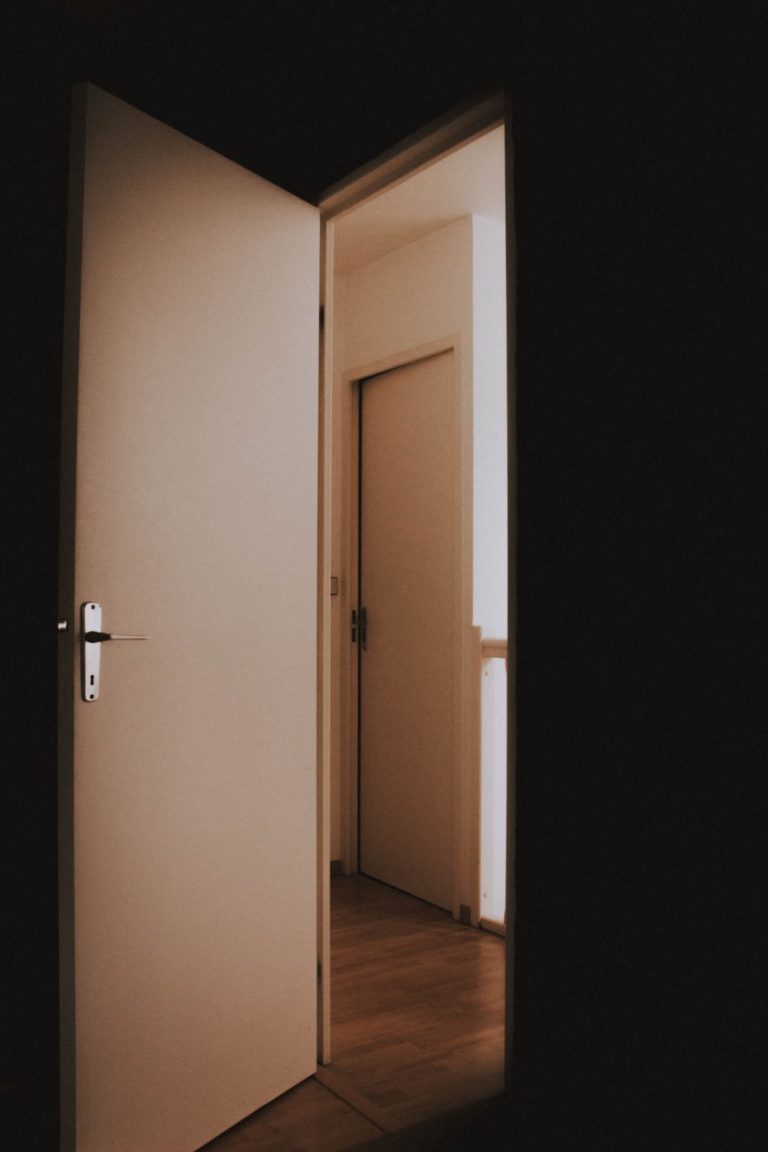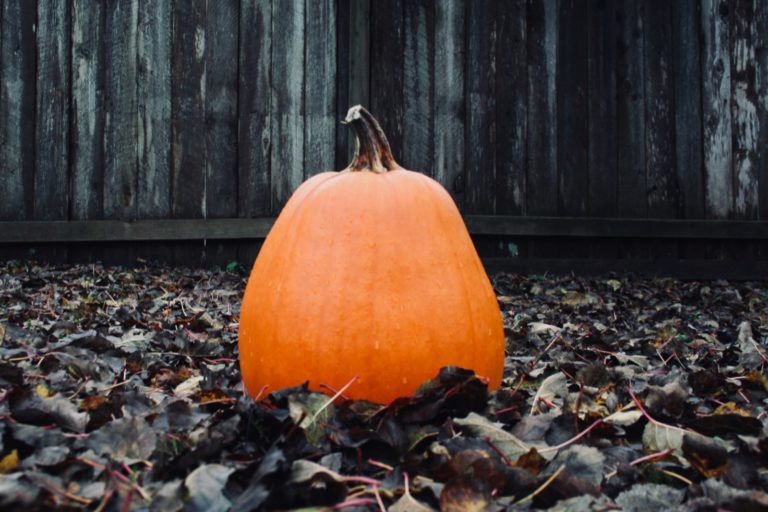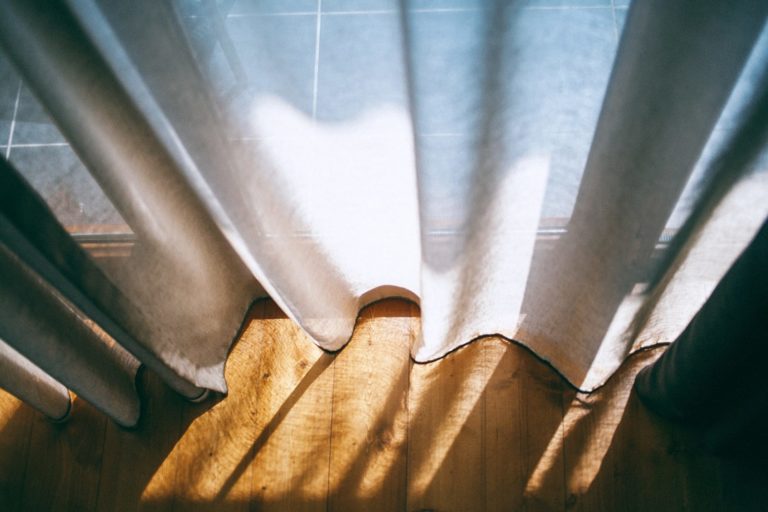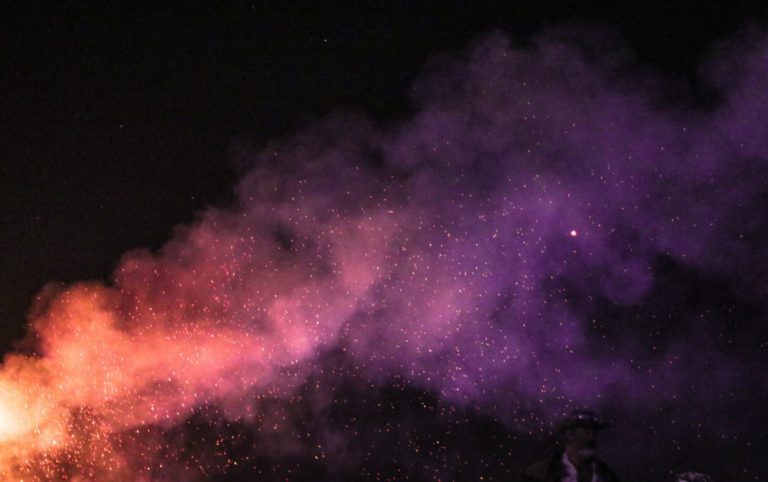We’re pleased to share an excerpt of Brad Kessler’s latest novel, North, in anticipation of his conversation with Lynn Nottage on October 20th. North traces the epic journey of a young Somali refugee, Sahro Abdi Muse, from her home in Somalia to South America, along the migrant route through Central America and Mexico, to New York City, and finally, her last attempt to cross into safety in Canada. In Vermont, she meets Father Christopher, a cloistered monk at Blue Mountain Monastery, who begins questioning his monastic way of life, and veteran Teddy Fletcher, who is seeking a way to make peace with his past.
Chapter 12
The spring night passed on Blue Mountain. The temperature moderated each hour. The moon went down at two. The monks all slept in their cells, in narrow beds built into the walls, in rooms of birch and pine. Brother Bruno and Anselm. Father Teilhard and Ramon, Simon, Jonah, and John; Brother Benison and David, Luke and Minh. Each monk had arrived at Blue Mountain over the decades, from near and far; from California, Da Nang, Rio. Kansas and Queens. From Boston, Zurich, Cincinnati, and San Juan. Each man drawn to the monastery, for his own mysterious reasons, like metal filings to a larger magnet. They slept now in their cells, each under blankets, soundly asleep, as the May night passed overhead. All except for Father Christopher, who alone lay awake long after midnight, unable to sleep. So much had happened in the past eighteen hours, he hadn’t had time to process it all during the day; he lay in bed turning over Teddy’s call earlier that evening about the woman’s Honda, the warning notice from the state police. When he’d gone to the Guest House after, the gray-haired woman insisted she leave right away. It was no longer safe, she said, for her to stay. Someone from Canada would come in a day or so to pick up the Somali woman when she was more fit to travel. In the meantime the young woman could recover there in the Guest House—the driver suggested—under Christopher’s vigilance and care. The woman apologized profusely for imposing on the abbot, for putting him in such a hard place, but she didn’t know what else she could do.
Christopher didn’t know what to say. He kept thinking of the three strangers who appeared by the oaks in Mamre in the heat of a summer day. Abraham running to meet them and falling at their feet. The curds and milk, the calf and bread. How could he turn the visitor away?
Yet now at night, in the dark of his study, he felt the full weight of his decision. The safety and care of the young stranger lay in his hands. What if she didn’t get better? What if something more serious was wrong, or he was breaking the law by harboring her? He’d have to deal with Brother Bruno and come clean with the rest of the community. Bruno had given him twenty-four hours; half that time had passed. He’d have to call a com- munity meeting in the morning. There was no hiding the young woman anymore. He’d have to tell them all who she was and where she was from.
—
He knew he wouldn’t sleep that night. He rose and put on a robe and powered the PC on his desk. Ever since he’d seen the young woman asleep in Edward’s bed, the image stayed with him—her body beneath the blankets. The stranger. A Black woman. African. Muslim. The fact of her body in the old abbot’s room both troubled and intrigued him—the mystery of it all. How else did she end up on Blue Mountain, in Edward’s old bed, if not by Providence?
Christopher sat in the gray glow of the computer and typed words into the search engine. He knew nearly nothing about Somalia—the country and culture, its people or food. He didn’t even know what lan- guage Somalis spoke. He sat now and began to educate himself online, scanning everything he could find related to Somalia. He read about a country of nomads and traders; an ancient Cushitic people who herded camels and goats, who sailed dhows across the Arabian Sea, clockwise from their coast to Aden, then Bombay, and back home with the winds all in one season. He read about Europe dividing the country, Italy seizing the south, England the north. The colonizers exploiting clan divisions and making everything worse—ethnic Somalis in the north, Somali Bantu in the south; Darod and Hawiye, Dir and Isaaq. He learned about the actions (or inactions) of his own Roman Catholic church in Mogadishu, the forced labor they ignored or encouraged. He read long into the dark about Somalia’s independence, its heyday, the gradual, then swift, collapse of the country. The foreign armies. The American invasion and pullout. The U.S. support of warlords. The CIA’s involvement. The promise of oil. He took it all in: Extraordinary rendition. The “black sites.” The Global War on Terror. And the deeper he read, the more he discovered, not only about Somalia, but his own unhidden history—for it was there for all to see—his complicity and the overlapping of their lives: he inside a cloister on a mountain in New England, she from half- way around the world. Weren’t they part of the same system, no matter how separate each seemed on the surface? Didn’t he—Christopher Gathreaux—benefit from the same bloody history from which he drew his livelihood? Rome and its violent past, the U.S. and its more recent plunder? It was easy to pretend otherwise in the cloister. To live inside their own bubble, inside a dream of their own autonomy, invested in tunics and robes. The problem with living inside a bubble was how easily it could be popped. Every outsider was, potentially, a pin.
The year before he made his simple vows Christopher’s sister had asked him: wouldn’t it be better for him to use his faith to actually help others or provide a service for the poor? He told her back then that monks did help others, that the monastery was a lighthouse to all. He quoted Thomas Merton and compared the cloister to a power plant and explained that contemplative monks and nuns were like unseen engineers sending out invisible currents of prayer, keeping the planet in sync. In the economy of the spirit, he was serving others all the time.
His sister just rolled her eyes, yet her question stayed with him still (as it did with most monks he knew). The contradictions of monastic life could never be fully squared. The mystery and faith. The doubt and belief; they were two sides of the same coin. You could never have one without the other.
He typed new words into Google—“Somali recipes”—and scrolled through pages of popular dishes. Sambusas and canjeero. Basto (pasta), Somali rice and goat. What could he bring the young woman in the morning to give her comfort, to make her feel less alone? Somali bread was called canjeero or anjero or sometimes laxoox. It was basically the same, he read, as Ethiopian ingera, the spongy flatbread—or pancakes— Christopher had sometimes eaten in SoHo when he lived in New York City.
Perhaps he could make her Somali bread? Canjeero drizzled with honey or maybe maple syrup? A simple gesture: bread?
He read multiple recipes. The monastery kitchen had no teff flour or sorghum or millet. But he found a recipe that called for other flours instead and sent the page to his printer.
—
Downstairs in the kitchen, he gathered ingredients from the larder. White flour. Wheat flour. Cornmeal. A bottle of yeast from the walk-in. Warm water and sugar to start the yeast. It was almost four in the morn- ing now, dark in the kitchen windows; the bells for Vigils would toll in fifty minutes. He followed the recipe by the light over the stove, sifting flours into a ceramic bowl, adding the wet ingredients to the dry. Now he had to wait, according to the recipe, and let the mixture ferment for at least twenty-four hours (forty-eight even better). The dough needed to sour and bubble before it could be baked on a hot skillet.
He covered the bowl with a dish towel. He looked around the kitchen. Where could he keep the bowl warm enough but out of sight? He didn’t want Brother Benison finding it and asking questions.
He put away the flours and stored the yeast, washed the counters and scrubbed his hands. He cradled the covered bowl in his arms and shut off the lights. He’d bring the bowl upstairs to his study and set it in a sunny window. There it would keep warm throughout the day and overnight. By then he’d have called the community meeting and all the monks would be aware of the young woman in the Guest House. By then all would be revealed. The mixture soured. The fermentation started. Then the real baking could begin.
About North
-
.
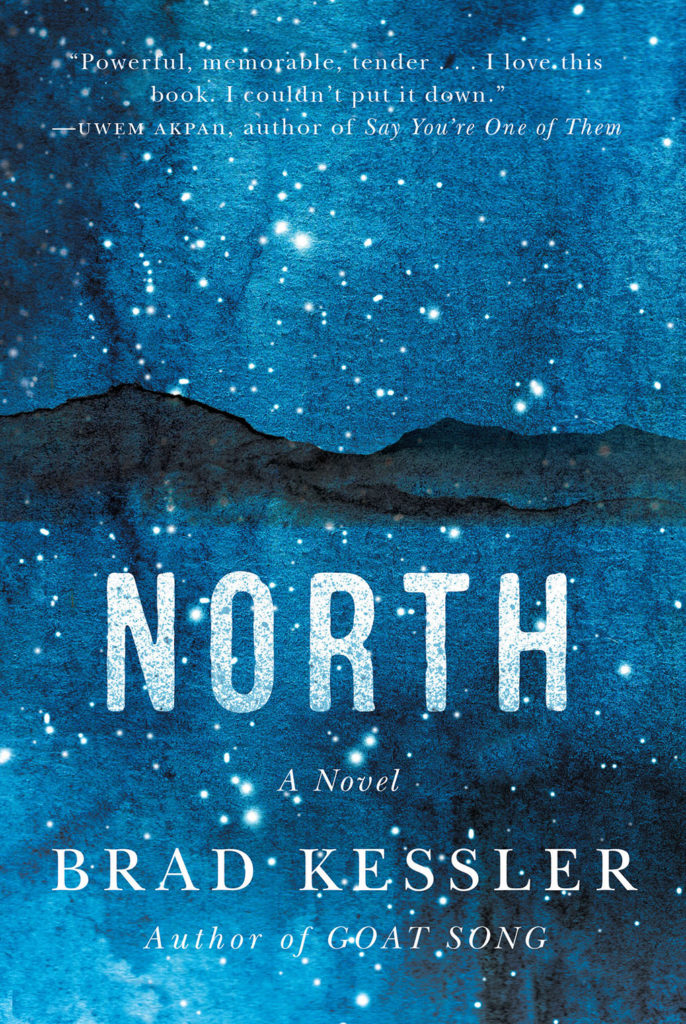
North
By Brad Kessler
Published by The Overlook Press
As a late spring blizzard brews, Father Christopher, a cloistered monk at Blue Mountain Monastery in Vermont, rushes to tend to his Ida Red and Northern Spy apple trees in advance of the unseasonal storm. When snow brings a young Somali refugee, Sahro Abdi Muse, to the monastery, Christopher is pulled back into the world and their lives intersect in surprising and illuminating ways.
North traces the epic journey of Sahro from her home in Somalia to South America, along the migrant route through Central America and Mexico, to New York City, and finally, her last attempt to cross into safety in Canada. It also traces the inner journeys of Father Christopher questioning his monastic way of life, which seems suddenly outdated and privileged, and veteran Teddy Fletcher, who is seeking a way to make peace with his past.
Written in Brad Kessler’s sharp, beautiful prose and grounded in the author’s own experience among cloistered monks, resettled Somali refugees in Vermont and local veterans, North gives voice to these invisible communities while investigating the idea of sanctuary and the hope of human connection in a time of displacement.
